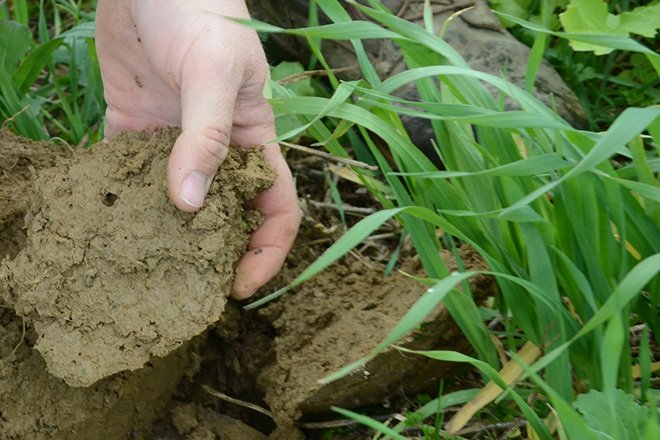As many farmers and landowners are searching for more sustainable and organic methods of farming, the use of cover crops has become increasingly popular. Cover crops, also known as green manure, are crops that are planted primarily to protect and improve soil health rather than for harvest. They can be used to suppress weeds, prevent erosion, add organic matter to the soil, and increase soil fertility. In this blog post, we will explore some of the cover crops that may be suitable for small scale farming by limited-resource farmers and small landowners.

Firstly, let's discuss some of the benefits of cover crops in organic farming. Cover crops' primary purpose is to prevent soil erosion and promote soil health. Organic farming relies heavily on soil health to ensure proper growing conditions for crops. Cover crops are great for this purpose because they help build soil organic matter, which is crucial in maintaining soil fertility. Additionally, if used properly, cover crops can help reduce the need for synthetic fertilizers and pesticides as they act as a natural insecticide and have a weed-suppressing effect.
One cover crop that can be very beneficial to organic farms is Hairy Vetch. This cover crop has a lot of potential to provide nitrogen to the soil as it can fix atmospheric nitrogen, which is converted into a form that can be taken up by plants. Additionally, Hairy Vetch is excellent at preventing soil erosion and suppressing weed growth. It is important to note that Hairy Vetch is a winter-hardy plant and can handle frost conditions. It is best to plant Hairy Vetch in the fall, allowing it to grow throughout the winter and cover the soil before it is ready for spring planting.
Another suitable cover crop for limited-resource farmers is Crimson Clover. Crimson Clover is a legume, which means it has the potential to fix nitrogen in the soil, making it an excellent companion plant for crops such as corn and beans. This cover crop thrives in cool weather, making it well-suited for planting in the fall. Crimson Clover also helps to suppress weed growth when it is growing. It is also considered useful in controlling soil erosion and has stunning crimson flowers that attract bees and other beneficial insects.
Winter Rye is another cover crop that can provide impressive soil-building benefits. This cover crop has a vigorous root system that helps to stabilize the soil and prevent erosion. It also acts as a natural weed suppressant, reducing the need for weed control measures. Winter Rye is a preferred choice for limited-resource farmers as it is easy to grow and requires minimal maintenance.
While not considered the most traditional cover crop, Sunn Hemp has a lot of qualities that can benefit organic farmers. This cover crop is grown primarily to fix nitrogen in the soil, making it a great companion to other nitrogen-fixing crops. It is also useful in controlling soil erosion and suppressing weed growth. Sunn Hemp works best when planted in the spring, and it is usually incorporated into the soil before it gets too tall.
In conclusion, the use of cover crops in sustainable agriculture is essential for small-scale farming by limited-resource farmers and small landowners. Cover crops can provide various benefits, including reducing soil erosion and providing soil fertility, and suppressing weed growth. Some of the suitable cover crops for these types of farmers include Hairy Vetch, Crimson Clover, Winter Rye, and Sunn Hemp. When appropriately used within an organic farming system, cover crops help farmers reduce the usage of synthetic fertilizers, pesticides, and soil ammendments. It is essential to remember that choosing the right cover crop depends on the local environmental conditions, planting season, and specific farming requirements. With careful selection, these crops can help organic small-scale farmers build healthy soils and promote sustainable agricultural practices.